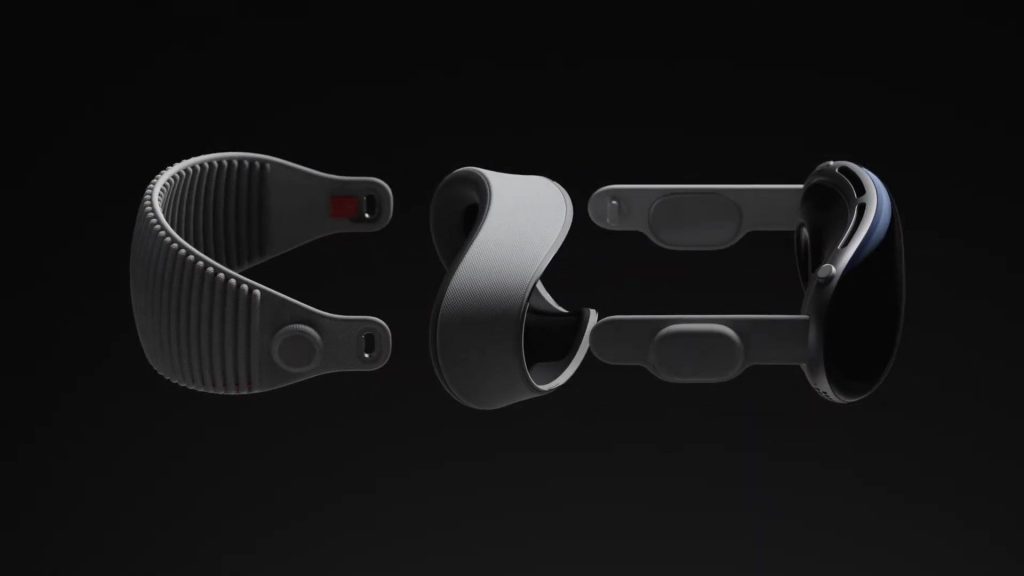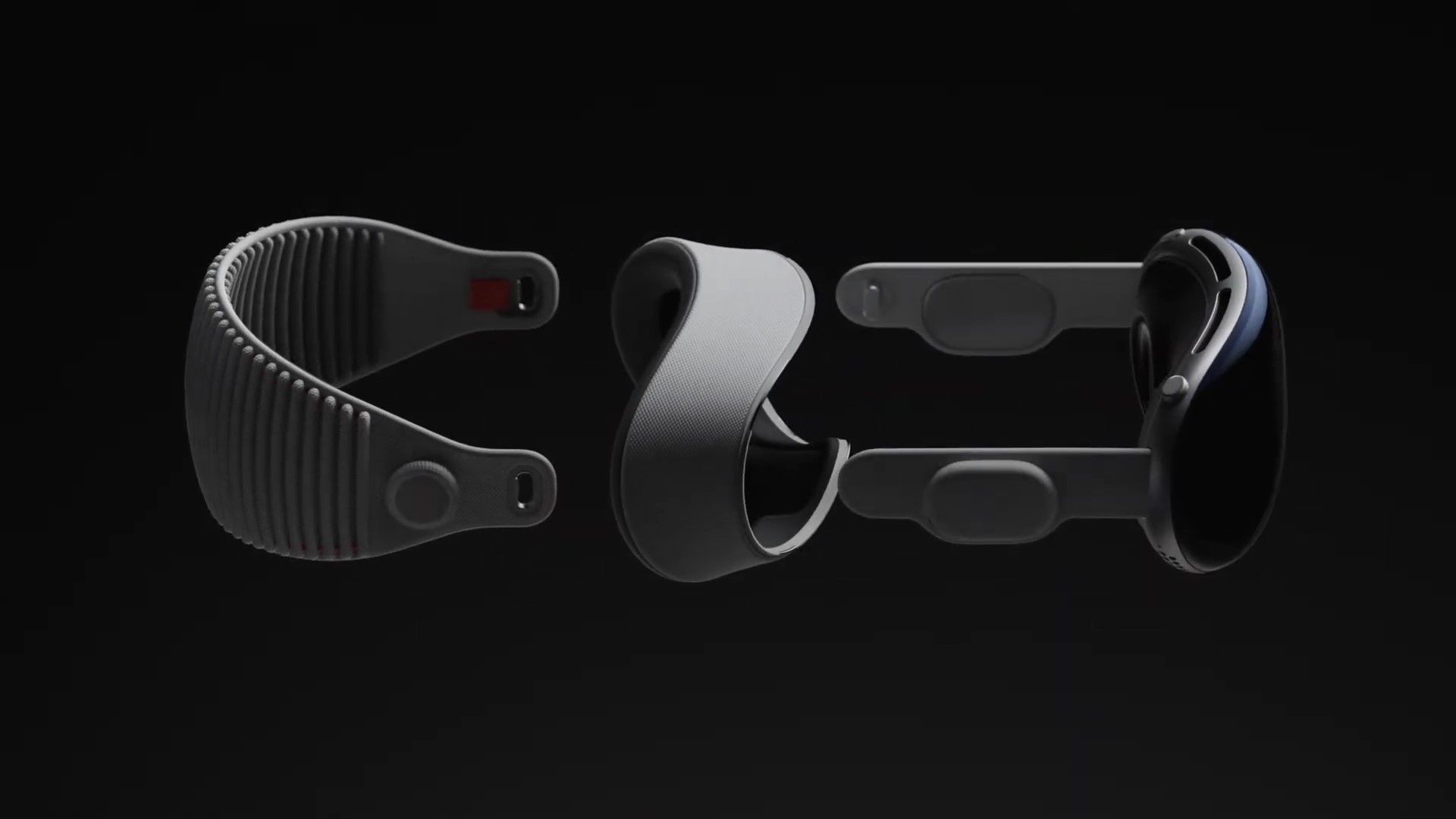Apple Vision Pro Production Reportedly Sees ‘Drastic Cuts’ Due To Manufacturing Challenges


Apple is reportedly cutting its production forecasts for Vision Pro.
The Financial Times cites “multiple people with direct knowledge of the manufacturing process” as saying the headset’s complex design makes it difficult to manufacture.
The week before Vision Pro was unveiled The Information’s Wayne Ma also reported it would be Apple’s “most complicated” device ever, and that production challenges led the originally planned manufacturer to hand over the project last year after more than four years of preparations.
Last month South Korean tech news outlet The Elec reported Sony, the supplier of Vision Pro’s ultra high resolution OLED microdisplays, can’t manufacture more than 900,000 displays per year at most – and Apple needs two displays per headset.
The Financial Times reports has been “unhappy with suppliers’ productivity”, especially about the yield of defect-free microdisplays.
The report also says two “sole suppliers” of Vision Pro components now claim Apple is only asking for enough for around 150,000 units in the first year. An earlier internal Apple sales target was reportedly around 1 million units in the first year before the production challenges became clear.
Delayed Cheaper Model
Last year supply chain analyst Ming-Chi Kuo claimed Apple was working on a more affordable headset for 2025, presumably a non-Pro Apple Vision.
Earlier this year The Information’s Wayne Ma reported this more affordable model could cost “around the price of the iPhone” – the latest iPhones cost between $800 and $1600, and Bloomberg’s Mark Gurman reported it could use an A-series iPhone processor instead of the more expensive M-series Mac chips.
The Financial Times report today cites “two people with direct knowledge” as saying that Apple will source microdisplays from Samsung and LG for this more affordable headset, but that the release schedule “had to be pushed back”, presumably into 2026.
In 2021 LG announced it was building 3K and 4K OLED microdisplays for VR, and in May Samsung announced an acquisition of American microdisplay company eMagin, which was also building a 4K OLED microdisplay for VR, citing “significant potential of growth” in XR devices.
Apple may end up clashing with Meta for supply though – Mark Zuckerberg’s company was reportedly in talks with both LG and Samsung as of November to secure microdisplays for its own future headsets and glasses.




